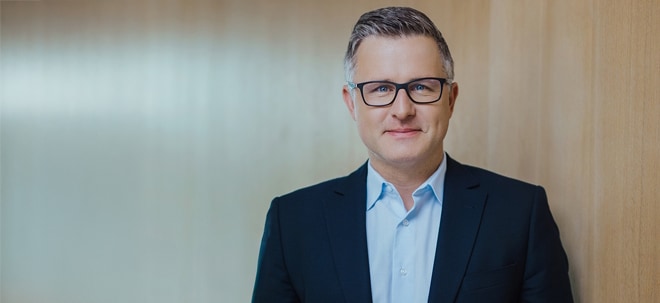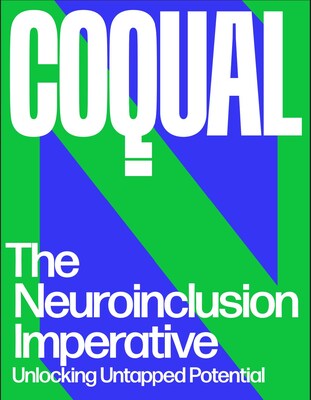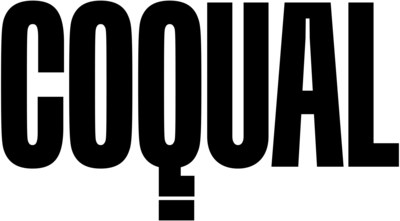COQUAL CALLS FOR EXPANDING WAYS OF WORKING TO UNLOCK NEURODIVERGENT STRENGTHS
Led by neurodivergent researchers, the study amplifies lived experiences and provides practical tools to unlock neuroinclusion to benefit all professionals
NEW YORK, Oct. 9, 2025 /PRNewswire/ -- Nearly one in five people in the US, and almost 30% of those under 30, identify as neurodivergent, according to a YouGov poll. Neurodivergent professionals bring sought-after skills and fresh perspectives, yet many workplaces still underestimate their contributions. To address this gap, Coqual, a think tank that researches workplace dynamics and advises global organizations, has released a new study, The Neuroinclusion Imperative: Unlocking Untapped Potential. Organizations that fail to act are leaving strategic advantages on the table, while those that rethink workplace norms can unleash human potential and drive innovation through adaptive talent systems.
Too often, workplaces treat neurotypical norms as the default, overlooking the strengths neurodivergent professionals bring. These strengths, while not exclusive to neurodivergent minds, often appear in unique combinations and intensities in neurodivergent professionals that create untapped opportunity. The study calls for a strengths-based approach; moving beyond "fixing deficits" to designing systems that let all employees thrive. Neuroinclusion isn't just about access, it's about performance. When organizations design with the full range of human talent in mind, they don't just support individuals, they future-proof themselves.
From the neurodivergent focus group participants we collected insights from, 83% reported that aspects of their work styles are often misperceived by neurotypical colleagues, 82% said that parts of workplace culture or unspoken expectations don't make sense to them, and 89% said they possess unique strengths they rarely see in others. Neuroinclusion, the report finds, is something to build into systems, leadership expectations, and teams, not bolt on through one-off accommodations, in order to unlock enterprise-wide performance.
The report features two parts: (1) Narratives from neurodivergent professionals highlighting six strategic advantages, the misconceptions that obscure them, and the workplace shifts needed to bring them forward and (2) practical playbooks, templates, and tools to help organizations evolve rigid systems and create environments where neurodivergent and neurotypical talent alike can thrive.
"Neuroinclusion cannot be reduced to accommodations. It requires a broader transformation in which workplaces adapt and expand to encompass the full range of human talent," said Coqual CEO Jennie Glazer. "Rather than retrofitting individuals into rigid systems, organizations must evolve those systems to unlock talent at the margins, where it too often goes unseen and underutilized."
As AI transforms work, the demand for innovative, unconventional thinkers has never been higher. Neurodivergent professionals, often natural innovators and early adopters of emerging tech, represent a critical competitive edge. The challenge isn't their ability; it's outdated systems that fail to leverage it. Rigid systems alienate talent; adaptive ones unlock it.
This research urges organizations to view neuroinclusion not as compliance or goodwill, but as a strategic lever for performance and innovation. The question is no longer whether neurodivergent professionals can succeed—the evidence is clear that they can, and do. The real question is how much talent organizations lose when they fail to embrace this dynamic population. Those that design for the full spectrum of human potential won't just thrive today; they'll shape the resilient, innovative workplaces of the future.
Methodology: The primary sources of data for this research report were a series of virtual focus groups and one-on-one interviews with neurodivergent professionals. Supplemental quantitative insights were gathered via a brief web-based survey fielded to qualitative research participants. In total, we collected qualitative insights from 60 neurodivergent focus group participants and interviewees, sourced from sponsoring companies and the professional networks of researchers. Qualitative insights were supplemented by interviews with subject-matter experts, an initial literature review, and desk research. To capture a full range of the neurodiversity present in organizations, participants did not require a formal diagnosis to identify as neurodivergent.
About Coqual: Coqual is a global nonprofit think tank helping organizations build workplaces where every person can thrive and lead. Through research and partnerships with the world's leading companies, Coqual turns insight into action—advancing fairness, inclusion, and innovation across industries. Founded in 2004, Coqual's work explores how diverse talent, leadership, and systems shape the future of work. For more information, visit www.coqual.org.
![]() View original content to download multimedia:https://www.prnewswire.com/news-releases/coqual-calls-for-expanding-ways-of-working-to-unlock-neurodivergent-strengths-302579180.html
View original content to download multimedia:https://www.prnewswire.com/news-releases/coqual-calls-for-expanding-ways-of-working-to-unlock-neurodivergent-strengths-302579180.html
SOURCE Coqual



